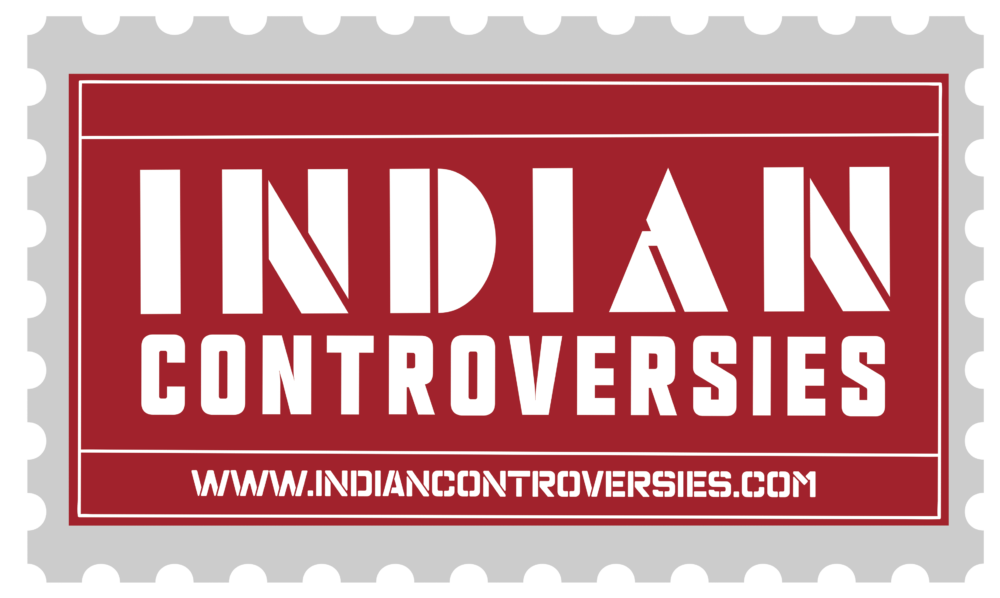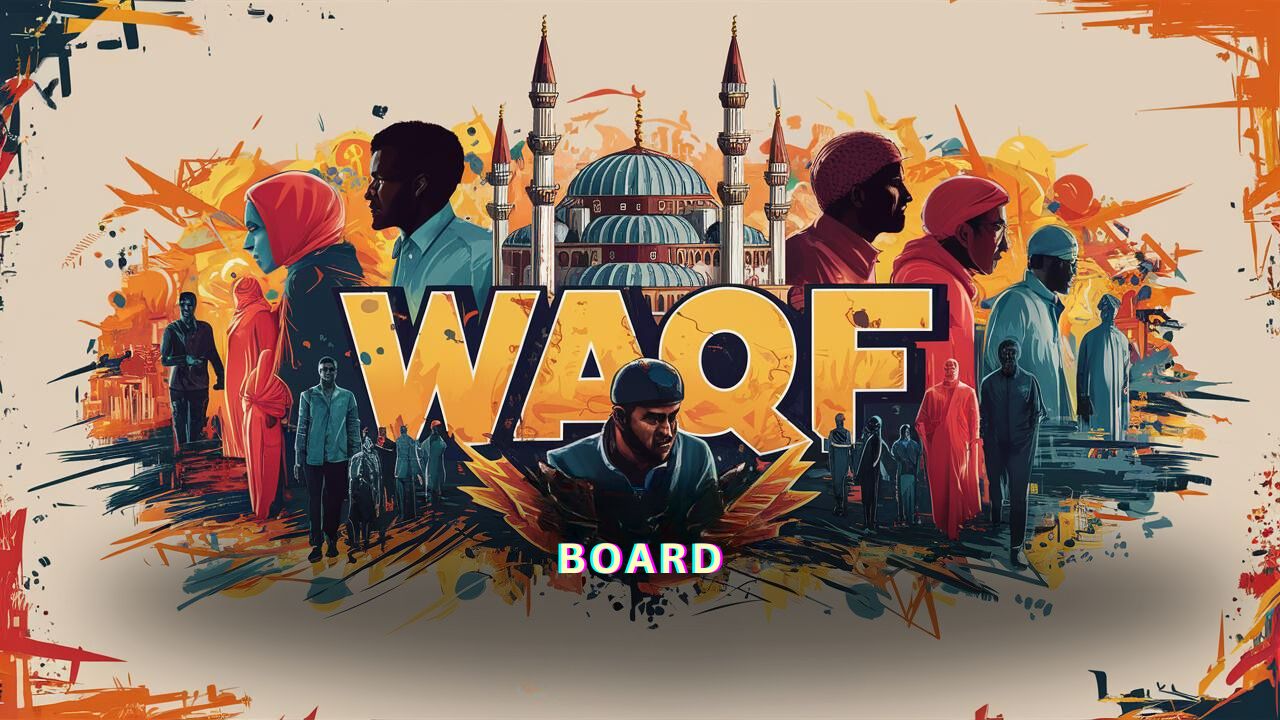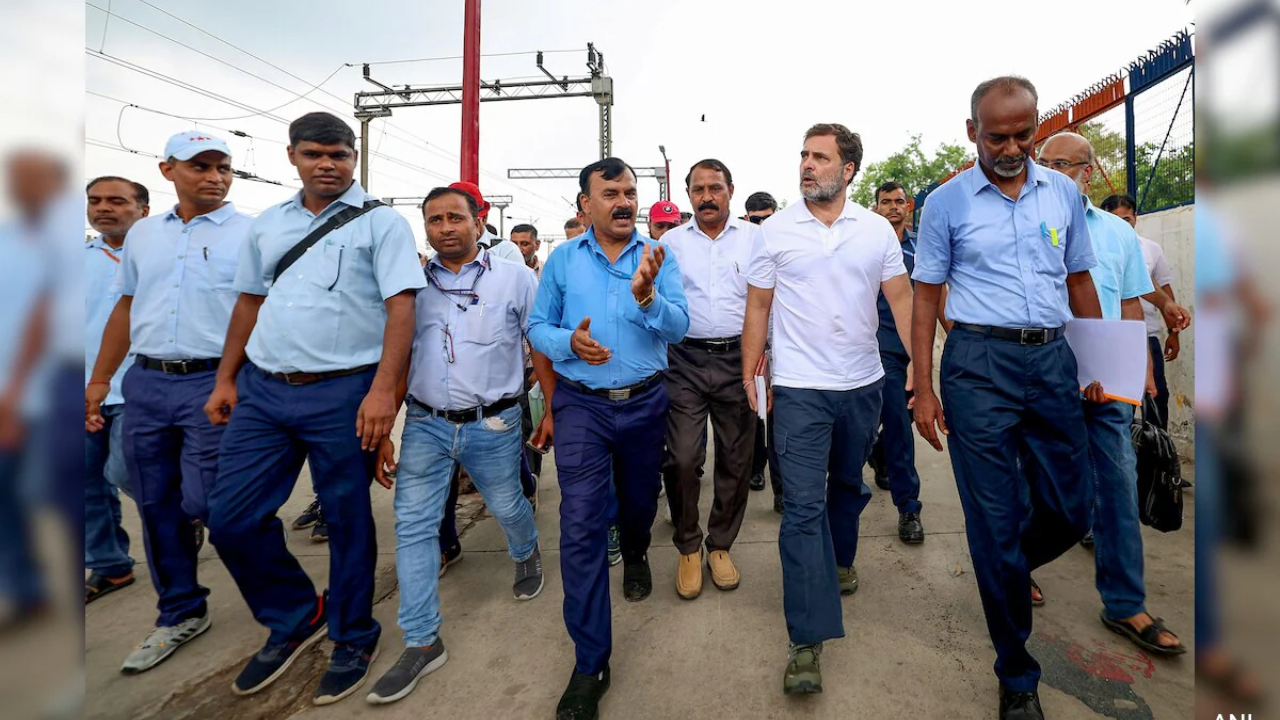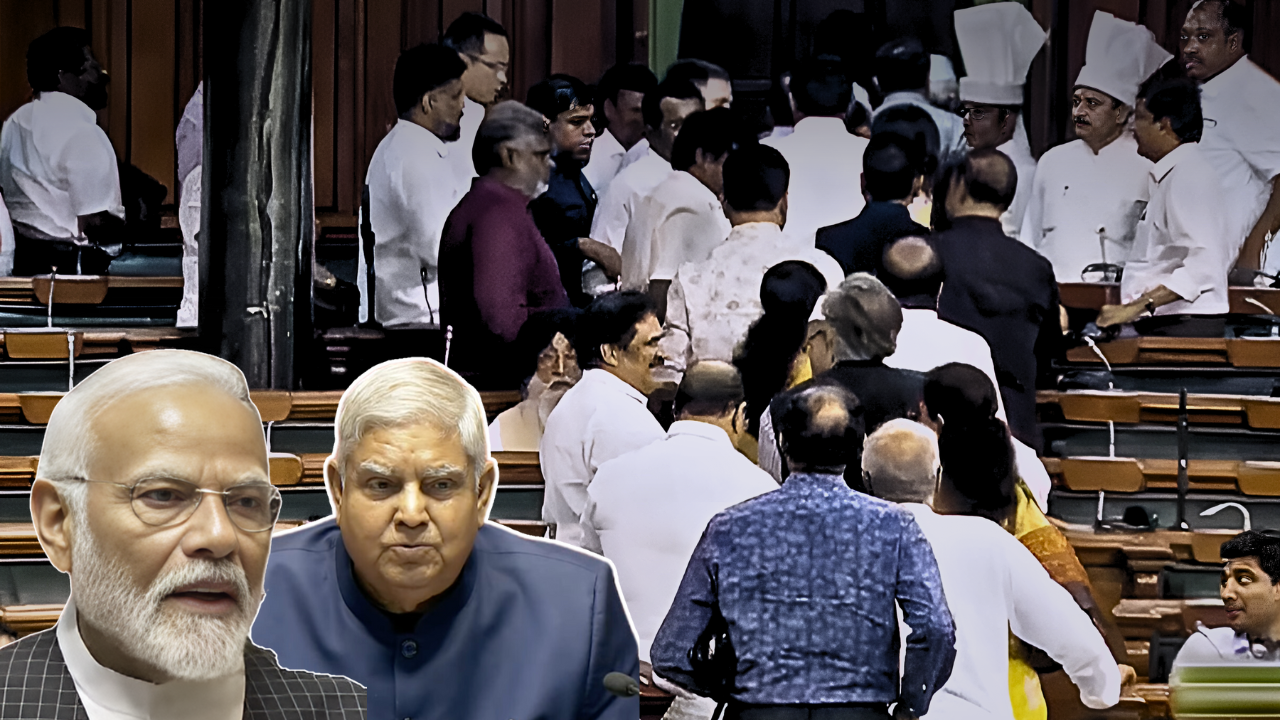On the Speaker’s orders, many parts of Rahul Gandhi’s first address as the Leader of the Opposition in the Lok Sabha have been removed from the official record. He made remarks about minorities, the NEET controversy, the Agnipath project, Hindus, Prime Minister Narendra Modi, the BJP, and the RSS, among other topics, that have been removed from the record.
Rahul Gandhi provoked objections from the Treasury benches on Monday when he accused the BJP and RSS of inciting violence and intolerance during his speech. Amit Shah, the home minister, Rajnath Singh, the defense minister, and other prominent members of the Bharatiya Janata Party (BJP) rose to voice their disapproval, accusing Gandhi of deceiving the House and characterizing the Hindu population as a whole as violent.
Invoking religious leaders like Lord Shiva, the Prophet Muhammad, Guru Nanak, Jesus Christ, Lord Buddha, and Lord Mahavir, Rahul Gandhi stressed in his speech the idea of fearlessness that stems from their teachings. PM Modi responded angrily to this, saying it is a serious problem to characterize the entire Hindu population aggressive. Gandhi was asked to apologize by Amit Shah.
Gandhi’s accusations against the BJP for mistreating minorities and inciting violence, along with his comments on industrialists Adani and Ambani and the Agniveer project, were removed from the address. Dilip Mandal, a well-known Dalit advocate, disregarded the Congress MP’s remarks about violence against minorities, arguing that India had seen the most calm during the last ten years of the Modi administration.
Mandal contended that Gandhi’s statements were a ploy to frighten off investors, and he charged the Congress with attempting to curry favor with Muslims in order to win over votes, especially in UP and Bihar. Comparing the current government to the Congress regime, he claimed that there have been a lot less communal disturbances.
Both the Congress and the BJP conducted press conferences after Rahul Gandhi’s address to outline their different positions. Gandhi’s comments were condemned by the BJP, but the Congress upheld them and attacked the governing party.
In the course of the Motion of Thanks debate over President Draupadi Murmu’s speech, Rahul Gandhi again brought attention to the ruling party’s persistent assaults on the Constitution and the notion of India. He talked about the legal and personal difficulties he had, such as multiple court proceedings, a two-year prison term, losing his home, and prolonged questioning by the Enforcement Directorate (ED).
In response to Gandhi’s accusations, the RSS sent Sunil Ambekar to say that it is regrettable to equate Hindutva with violence and that Hindutva stands for unity and fraternity. In reaction to Gandhi’s charges against the BJP and RSS, this statement was made.
Finally, the removal of some of Rahul Gandhi’s speech in the Lok Sabha has brought attention to the political unrest that still exists as well as the controversial nature of his comments about the BJP and Hindus. The responses from different political parties and leaders highlight the sharp differences and tense environment in Indian politics.





